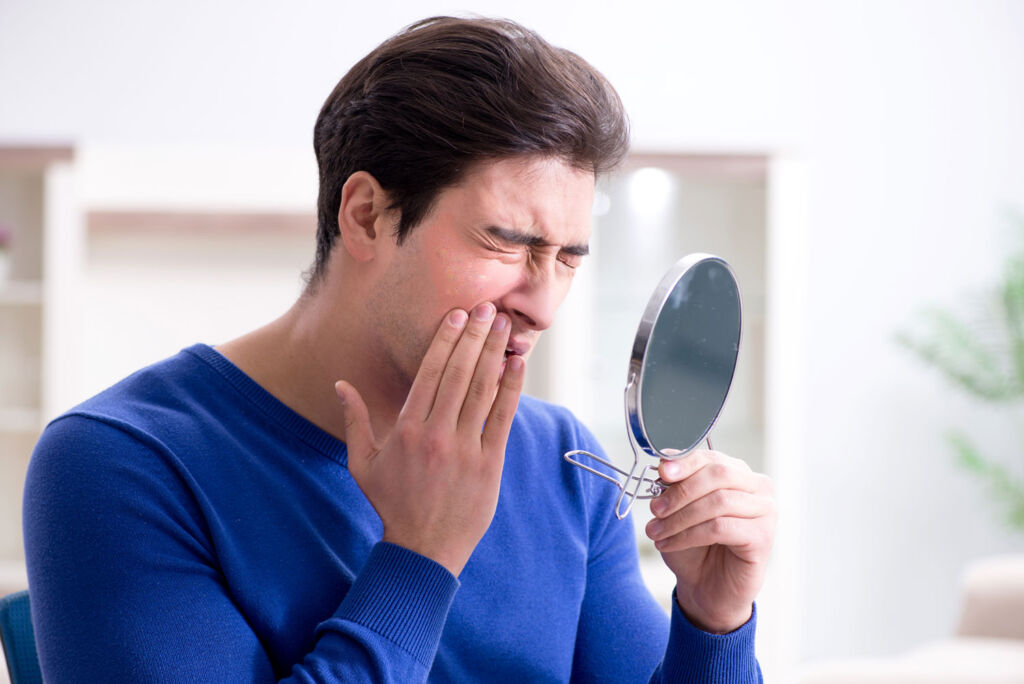
It is estimated that up to 15 million people in the UK have the condition commonly known as eczema. Ophelia Veraitch, a Consultant Dermatologist at Cranley Clinic, has compiled this highly-informative article detailing what it is and how you can treat it.
In 2015, it was reported that Britain’s GPs wrote around 27 million prescriptions for topical agents used for treating eczema, so it’s far from a small issue. Eczema is an incredibly common around the world and frequently flies under news publisher radars. This week is National Eczema Week in the UK, and Consultant Dermatologist Ophelia Veraitch is the ideal person to shine a light on this skin complaint.
What is eczema?
Atopic dermatitis, commonly known as eczema, is a chronic, itchy skin condition. It often occurs in childhood but can occur at any age, including later on in life.
Eczema can appear quite varied from patient to patient, but during flares, most people get inflamed, red and sometimes weepy patches of skin. Between flares, the skin can look dry, thickened and appear darker than the normal skin tone. When the skin is wet, weeping or has a yellow crust, these can all be signs of a superimposed staphylococcus skin infection which is more common in those with poorly controlled eczema.
Eczema is a largely genetic condition, with some environmental factors. Those with eczema often have a personal or family history of other atopic conditions such as asthma or hayfever. The condition is largely associated with a mutation in the filaggrin gene, that produces a protein important in maintaining the skin barrier function.
Is it treatable? What are good ingredients to look out for?
These days most patients with eczema can be treated effectively. In those with milder eczema, the use of a regular emollient (moisturiser) might be enough. Ointments are more effective than creams, and Cetraben ointment is an excellent product to use twice daily if you suffer from eczema.
For patches of eczema, topical steroids can be very useful if used properly. The right strength of steroids should be prescribed by your GP or Dermatologists for the right part of your body (we suggest weaker steroids for the face where the skin is thinner than for the body for example).
Also, a reducing regimen and maintenance therapy is the key to keep the skin inflammation under control and reduce the flaring pattern that can occur, Unfortunately there because of the negative reputation surrounding them for when they are not used correctly, many with eczema will avoid using this class of treatment which is actually one of the safest options.
The topical calcineurin inhibitors are good steroid-free alternatives, particularly for those who are concerned with using topical steroids and also for those with pigmented skin (as they don’t affect the skin pigment how topical steroids can if used incorrectly).
For those with more severe disease, they may need light therapy, oral or injection immunosuppressants. A new biological treatment Dupilumab is a more targeted approach and has recently been approved for use in the UK, and is proving to be very effective in patients who have not responded well to the other available treatments.

What can cause an eczema flare-up? Heat, stress, etc.?
There are many factors that can flare eczema, including the weather (some find their eczema better in the winter, and others find it better in the summer), hard water and stress. Irritants such as soaps, detergents and coarse fibres can exacerbate eczema. Allergens in cosmetics and perfumes can also cause contact allergies, which are more common if you have eczema. Airborne allergens can also aggravate eczema such as dust, pollen, cat and dog dander.
Recently research has shown that infective organisms, particularly staphylococci aureus, play a role in triggering and aggravating eczema.
Food allergies and intolerances can also make eczema worse, and if this is suspected, it’s important to consult your doctor.’
Where are the most common places on the body to get eczema and why there?
The distribution of eczema varies according to age. Infants tend to get more generalised eczema, with dry and scaly patches first occurring on the cheeks. In toddlers, eczema tends to localise to the outer aspect of the joints, such as knees, ankles, wrists, elbows. Older children tend to be affected more in the creases, such as the elbow and knee creases. Adults with eczema can present in many different ways from small patches to very extensive skin involvement.
Eyelids, scalp, nipples, genitals and hands are other areas that can be particularly affected by eczema.’
What should you not do if you have eczema?
If managed properly, eczema patients should be able to lead a relatively normal life. However, avoiding any factors that are known to exacerbate an individual’s eczema is vital. For example, having long and hot baths, washing too frequently with soaps that further dry the skin, poor hygiene leading to infective flares, not using a regular emollient to help maintain the skin barrier and wearing woollen fabrics.
Also, spraying perfumes directly on the skin increases the potential to develop this most common contact allergy, having carpets in the house and avoiding dusty environments if dust mite allergy is suspected, and avoiding cat/dog dander if an eczema sufferer is known to be allergic.
Read more health-related guides and articles in our dedicated section here.
![]()




You must be logged in to post a comment.